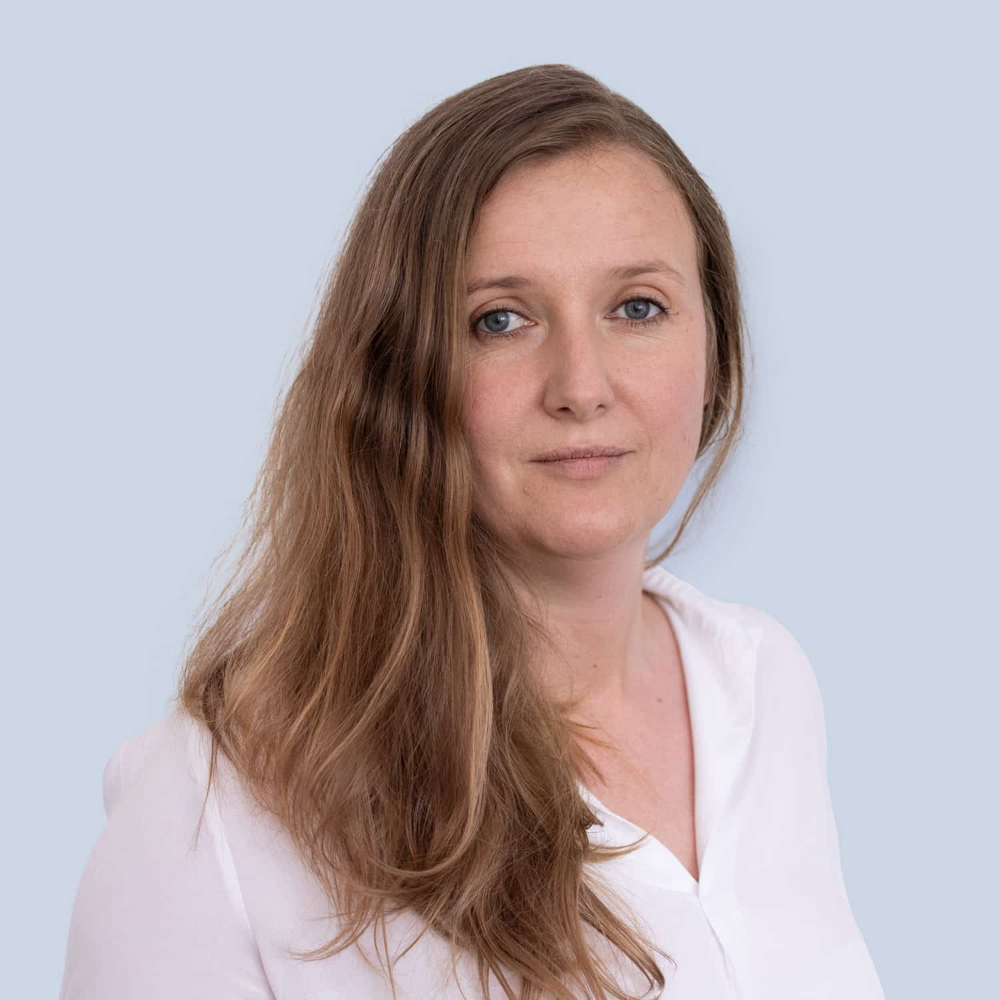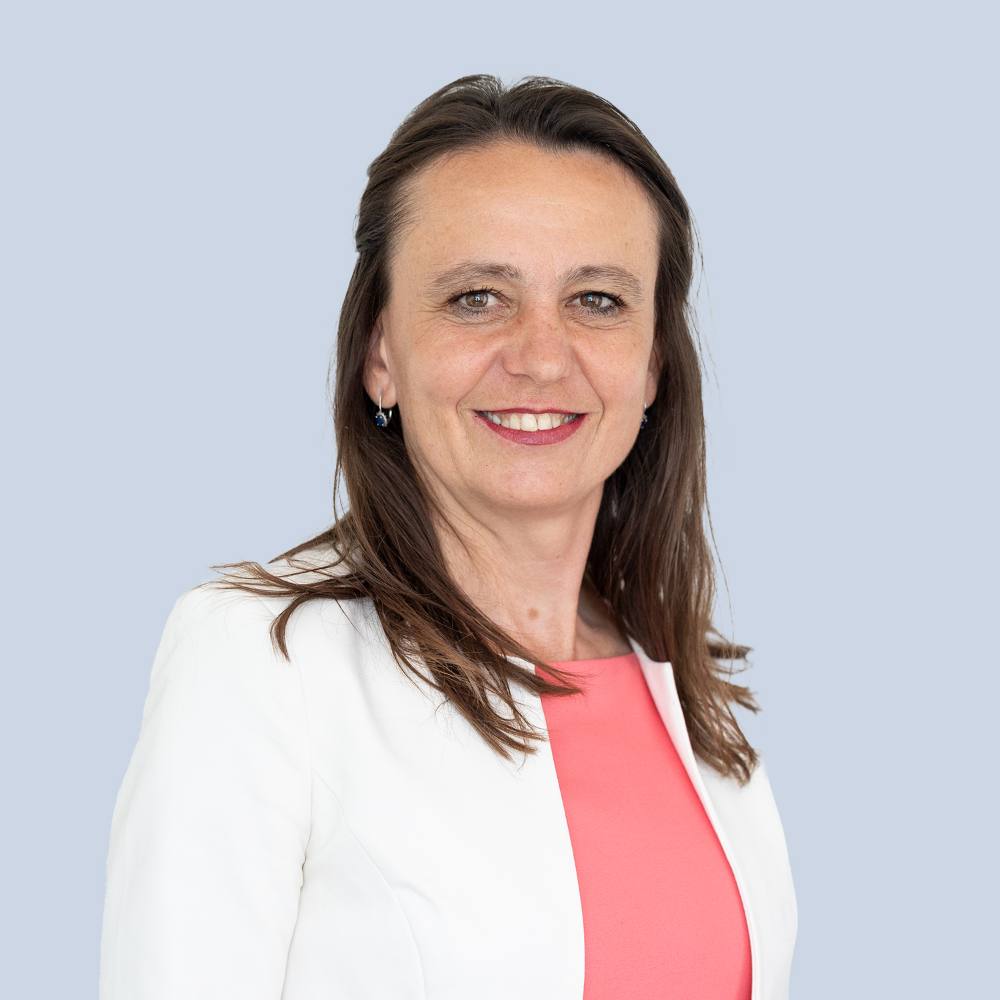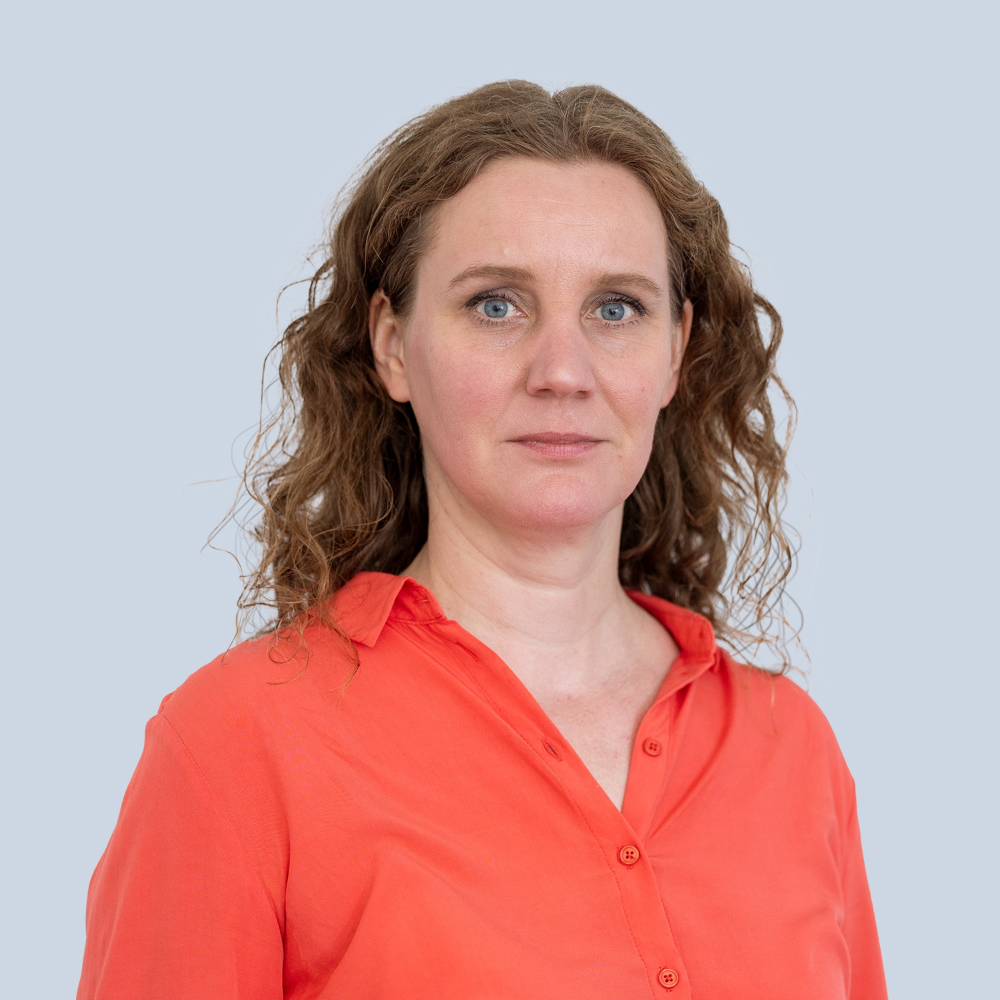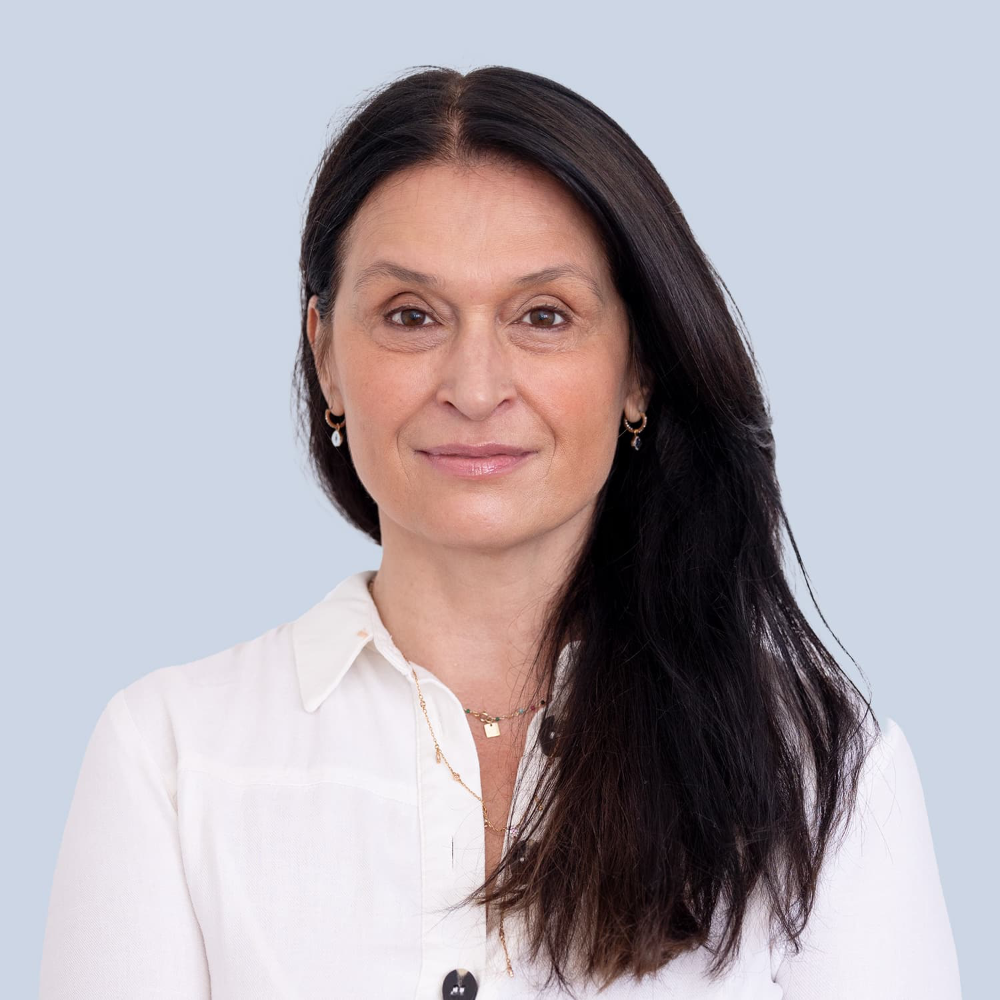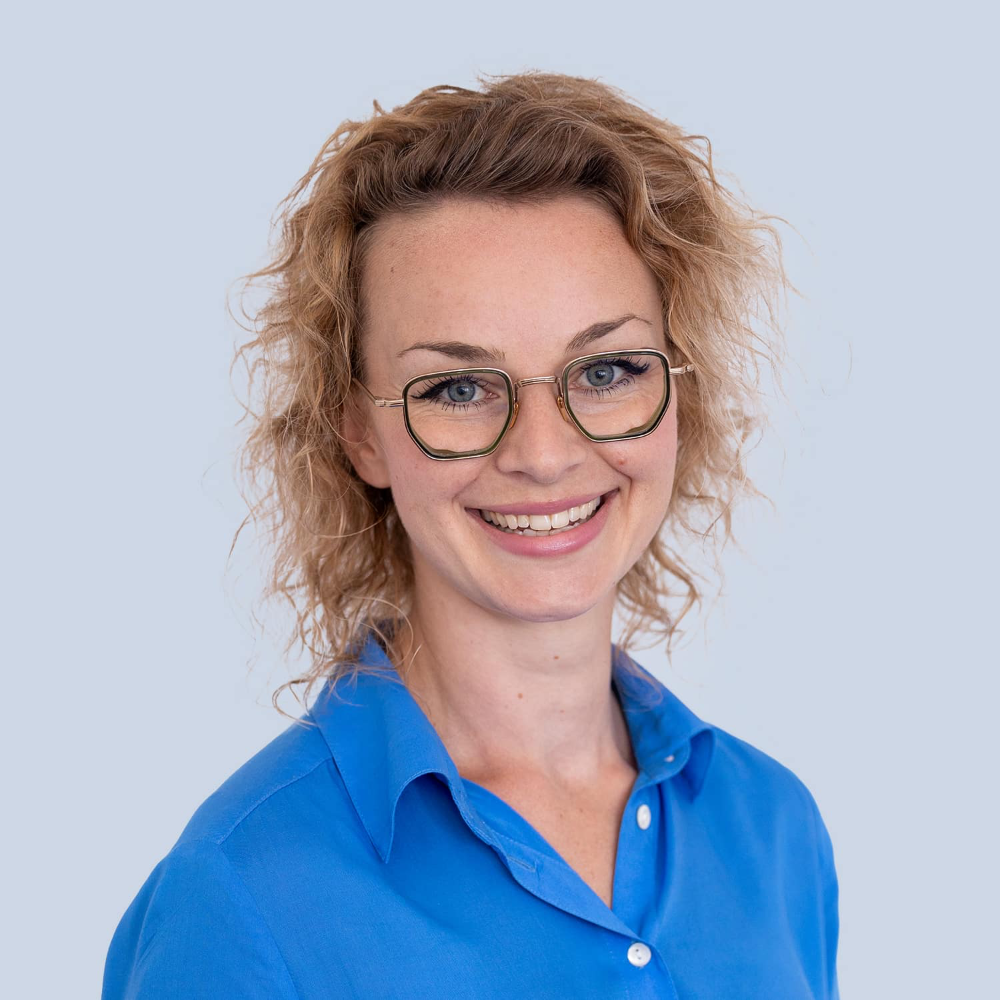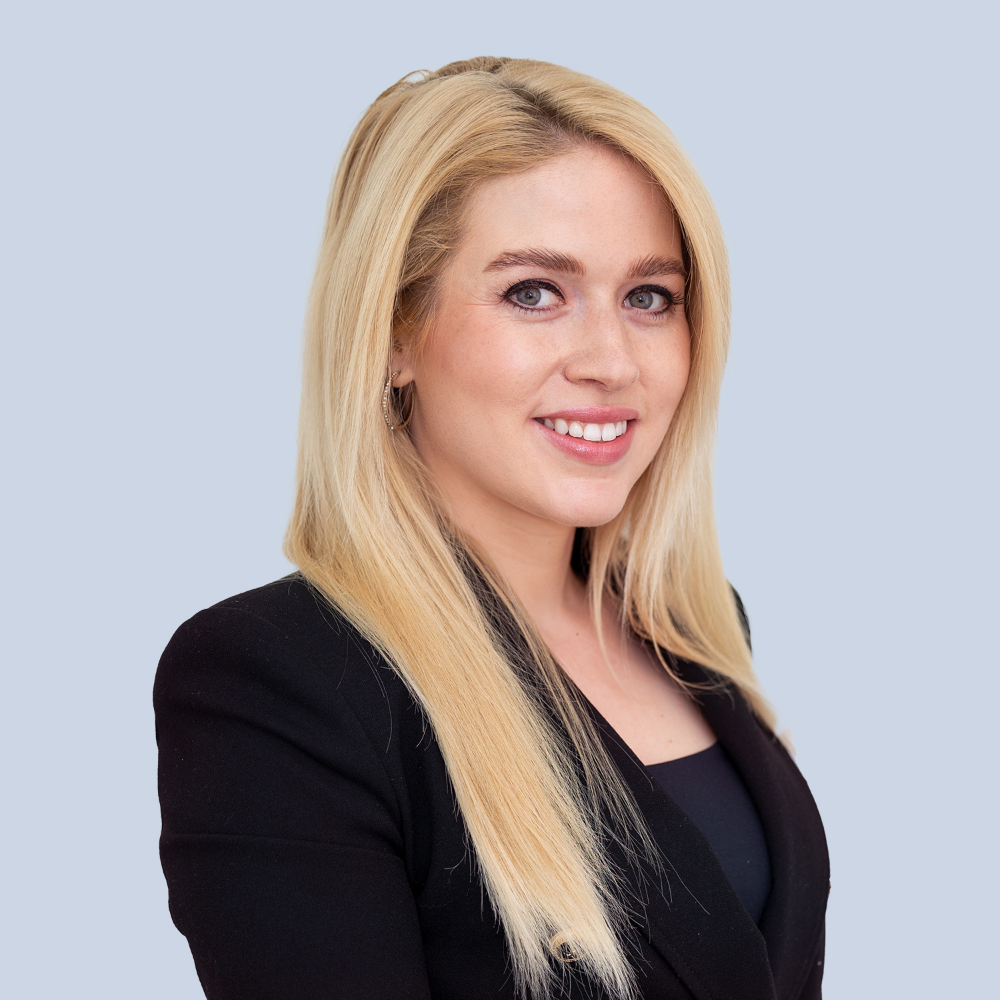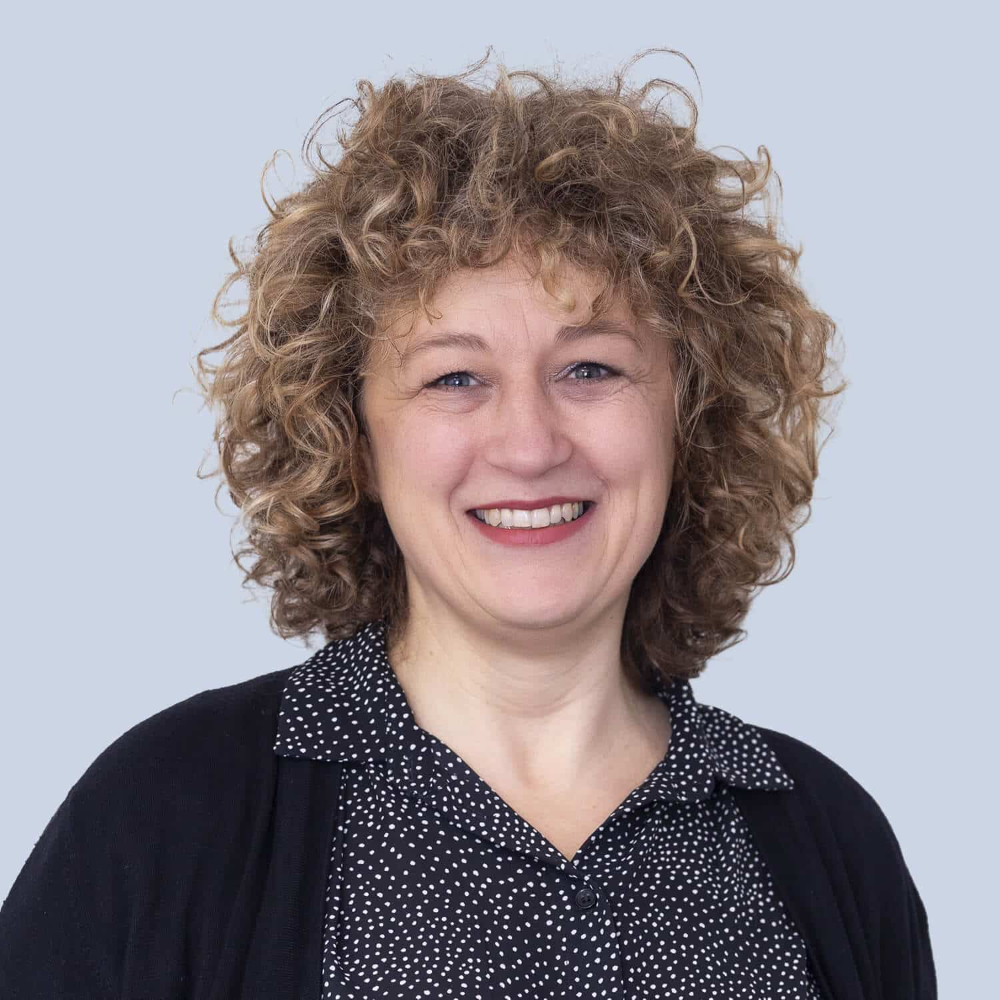Obsessive Compulsive Disorder: Symptoms, Treatment and Support
01
What is OCD and how does it manifest itself in everyday life?
This disorder, like phobias, belongs to the range of anxiety disorders. In obsessive-compulsive disorder (OCD), obsessive thoughts (intrusive thoughts, uncontrollable by will) and compulsions (repetitive, stereotyped, senseless and purposeless behavior) are at the fore. When trying to face them, the individual experiences severe anxiety.
Typical obsessions include, for example, fear of infection, doubts, and thoughts about violence, sexuality, or religion. They are usually accompanied by repetitive and ritualized behaviors (ie, compulsions) that aim to reduce discomfort and anxiety. Typical compulsions include, for example, repeated hand washing, counting, or constantly checking activities. OCD has a major impact on the social functioning of the sufferer.
02
How to recognize OCD and when to seek professional help
The individual is aware of the senselessness of intrusive thoughts and stereotyped unpurposeful behavior, but is unable to get rid of it. A person suffering from OCD performs various actions, justifying them by preventing unhappiness. However, the compulsion is constantly repeated and the sufferer has to repeat the ritual actions over and over again. This can lead to her not being able to leave the apartment until she performs certain rituals. If you have most of the symptoms mentioned above or are experiencing feelings that are narrowing you down and interfering with your social functioning, it is a good idea to consider seeking professional help.
03
Treatment and support for people with OCD: Approaches and options
Treatment of OCD, as with other neurotic disorders, involves psychotherapy, the use of appropriate medication, or a combination of both. Our psychiatrists monitor the effectiveness of the drugs and adjust their dosage or stop them as necessary. The key to success is early diagnosis and subsequent initiation of treatment.
Our team
Meet our team
Do you need help?
You can send us a message or call us every day from 8 a.m. to 8 p.m. +420 228 226 101
This website is using cookies
You can either allow them all with the "I agree to all" button below, refuse or set the "Detailed settings" in detail. You can also change the selection later. More information about cookies in the Cookie Policy .


